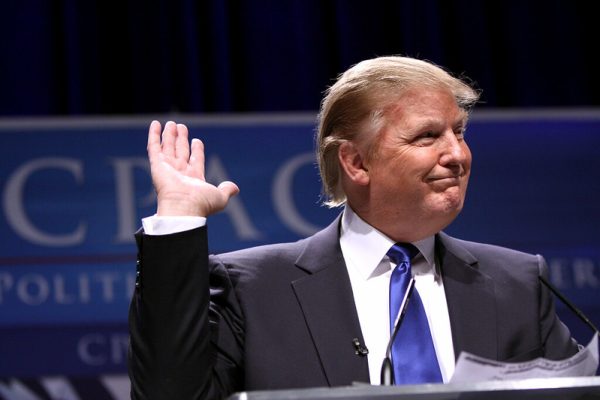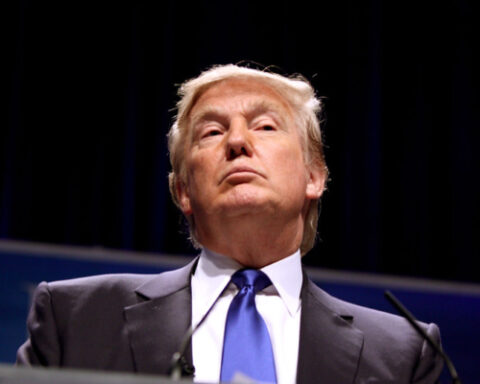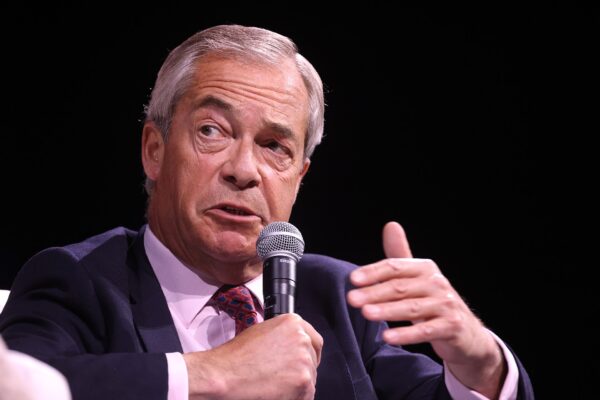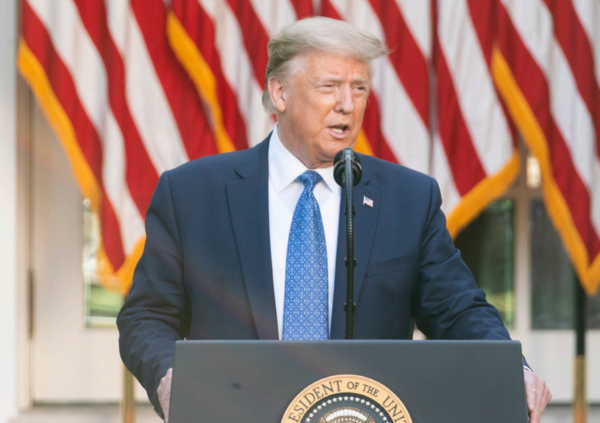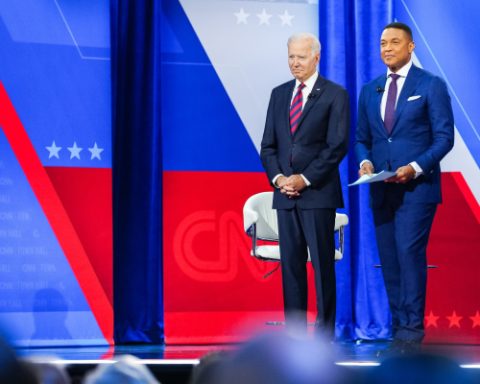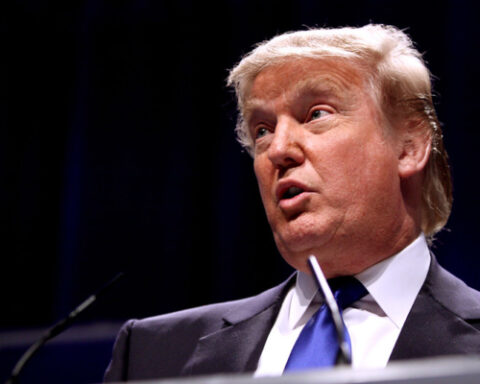The White House confirmed Thursday that President Donald J. Trump will reportedly sign an executive order on Friday to rename the Department of Defense as the Department of War, marking a sharp break with decades of postwar convention and underscoring his administration’s push for a more assertive military posture.
The change, long discussed by Mr. Trump and Defense Secretary Pete Hegseth as part of what they call a “warrior ethos” campaign, restores a title not used since 1949, when the War Department was rebranded in the aftermath of World War II.
A White House official told Fox News Digital that Mr. Trump will finalize the renaming on Friday, noting that the secretary’s position will also shift, from Secretary of Defense to Secretary of War.
The last time the United States operated under such a department was more than seven decades ago, when the nation had just emerged victorious from two world wars.
Mr. Trump has made clear that the change is meant to capture that earlier spirit of strength. “Everybody likes that we had an unbelievable history of victory when it was Department of War,” the president told reporters last month. “Then we changed it to Department of Defense.”
Mr. Hegseth, a former Army officer and Fox News contributor who has aligned himself closely with the president’s vision, echoed that sentiment. “We won WWI, and we won WWII, not with the Department of Defense, but with a War Department – with the Department of War,” he said in a Fox News appearance. “As the president has said, we’re not just defense, we’re offense.”
Since assuming leadership at the Pentagon, Mr. Hegseth has pursued a series of moves to bolster what he describes as traditional military culture.
Those efforts have included banning certain books from military bases, renaming the USNS Harvey Milk, and restoring Fort Liberty to its original Confederate-era designation, Fort Bragg. The changes, he argues, are part of an effort to remind the armed forces of their heritage and fighting spirit.
The decision to reinstate the War Department name is expected to spark debate in Washington, where critics may argue that the symbolic shift risks escalating tensions with adversaries.
For Mr. Trump and his allies, however, the move is a matter of clarity and candor — a reflection of what they see as the military’s true mission.
Congressional leaders have not yet indicated whether they intend to weigh in. The president, however, has brushed aside any concerns about potential legislative involvement. “We’re just going to do it,” he said from the Oval Office last week. “I’m sure Congress will go along if we need that. I don’t think we even need that.”
By returning to a name rooted in America’s past victories, Mr. Trump and Mr. Hegseth are attempting to send a message both at home and abroad: that the United States intends not only to defend itself but to project power decisively.
[READ MORE: Raskin Clashes With Farage in Heated Capitol Hill Hearing on Free Speech]

